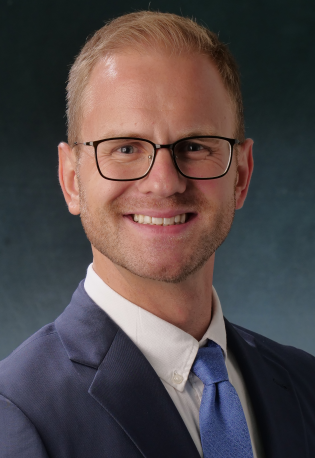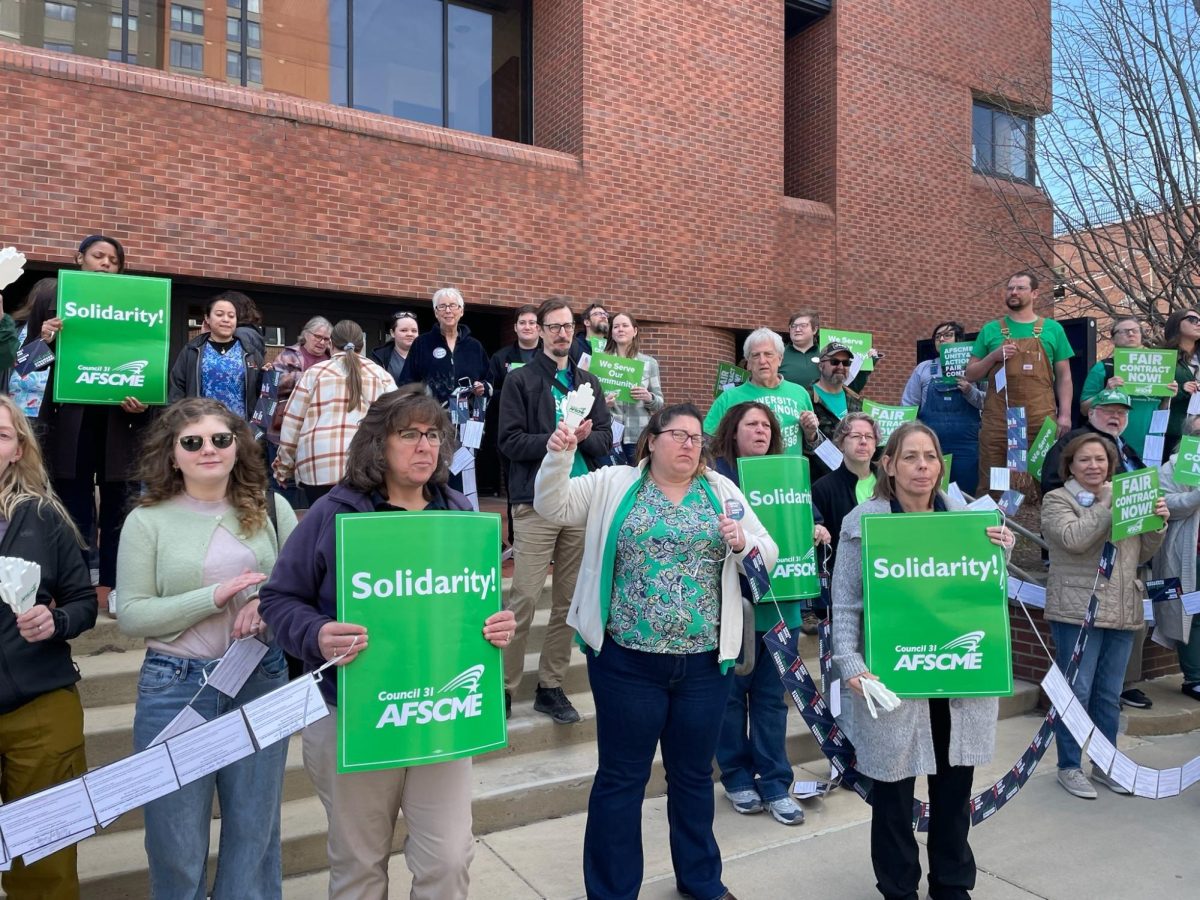The University spent $147,500 to find a provost, according to documents obtained by the Illinois Freedom of Information Act requested by The Daily Illini. However, the search was temporarily suspended on Oct. 6, 2009, because of vacancies in the president and chancellor positions, said University spokeswoman Robin Kaler.
To date, the University has paid search firm Greenwood/Asher & Associates Inc. $43,083.34 for its services. The University spent $104,416.66 on airfare and accommodations for first-round candidates and on representatives from Greenwood/Asher, according to the requested document. Kaler said 15 candidates were interviewed.
Jan Greenwood, president and CEO of Greenwood/Asher, said the firm was in charge of finding credible candidates for the provost position, arranging travel accommodations and checking references to make sure they are qualified. For efficiency and cost-cutting purposes, Greenwood said first-round interviews were conducted at O’Hare International Airport in Chicago.
“Most Illinois universities do hold the interviews in Chicago because they find that it is less problematic and less expensive to do it all at the airports,” she said. “The candidate pool for the provostial search is still intact, and we are hoping that we will be underway in the foreseeable future.”
Greenwood said the amount spent to interview the 15 candidates is typical for Research 1 universities. The amount that the entire search will cost depends solely upon the University.
Get The Daily Illini in your inbox!
“If (the University wants) to add more candidates at some point, of course those would need to be treated as fairly as everyone else. They would be interviewed and referenced and brought to campus (for a second interview),” she said. “If they go with the pool they have, then the only remaining expenses are those where they bring the candidate to campus however many they decide to bring.”
David Wall, member of the provost search committee and vice president external for the Illinois Student Senate, said it could be a year or two before the search is reconvened.
Though Wall acknowledges that some of the candidates already interviewed may not be viable options once the search begins again, he said he is hesitant to conclude the money spent on the candidates thus far will have gone to waste.
“The candidates interviewed at the airport would not be subject to that again. Therefore, (the money) would not have gone to waste,” Wall said. “The only way I can justify it being a waste is if, in the intervening time, the candidate no longer decides to be a candidate, but that can happen at any point in the process.”





